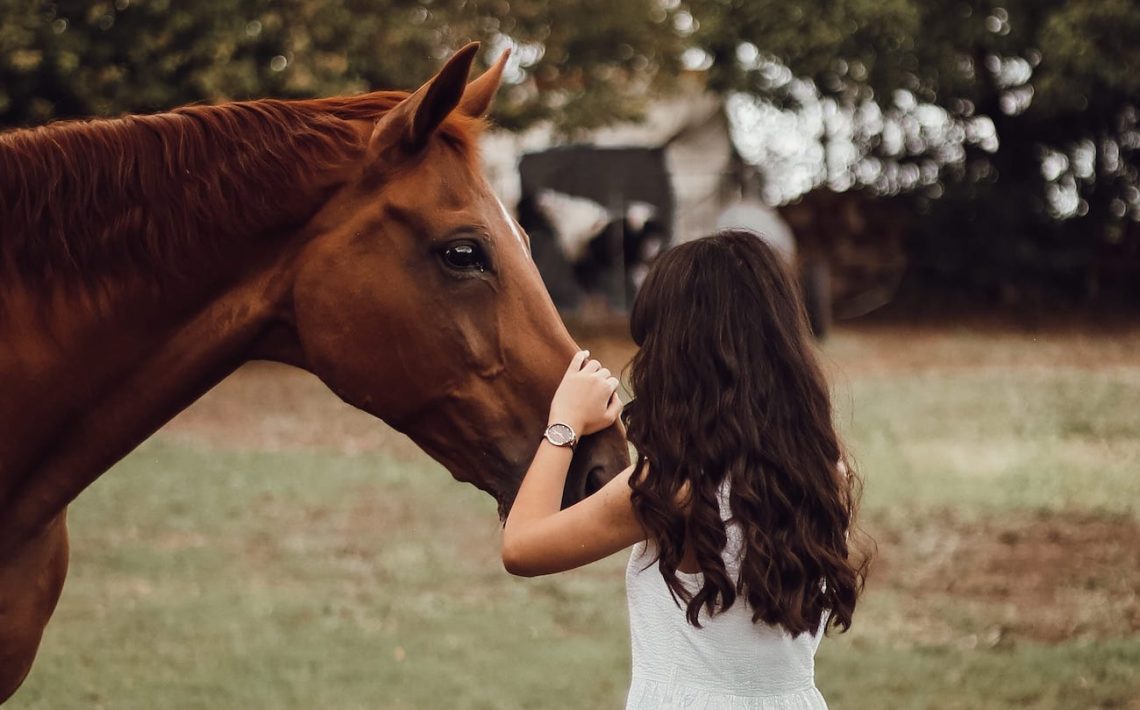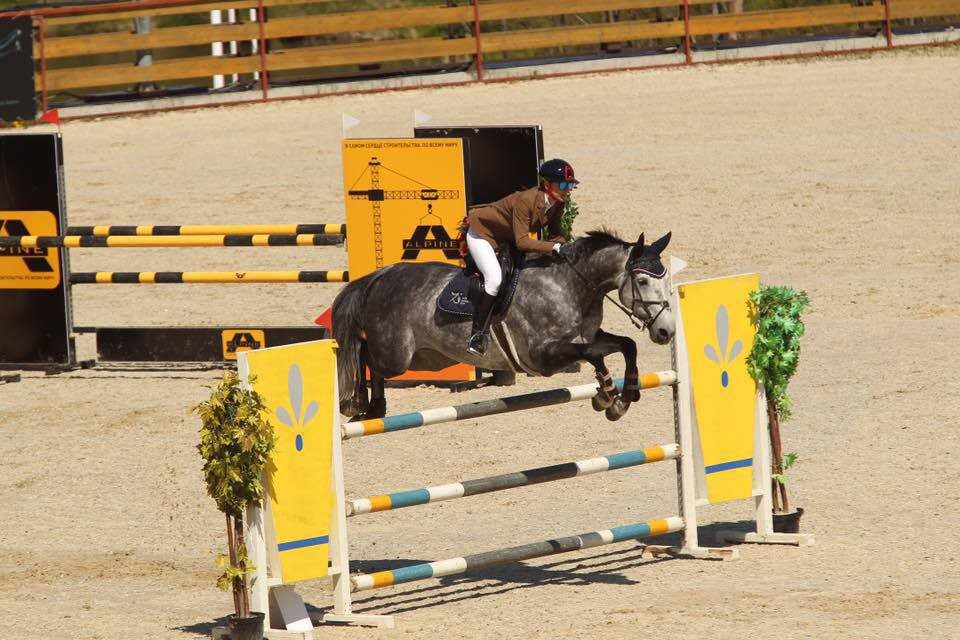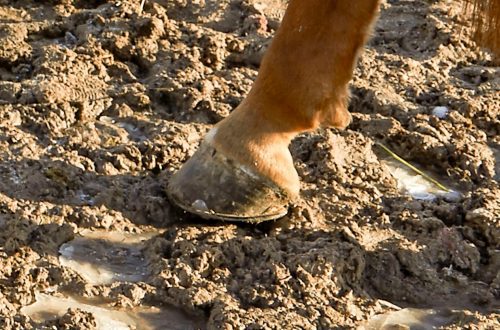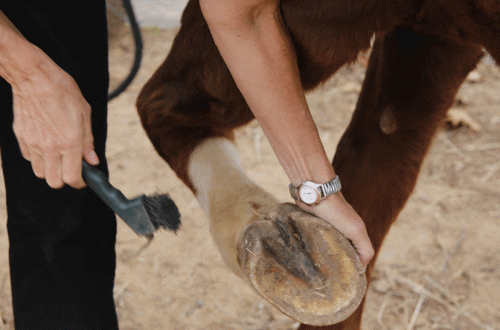
5 habits for a good relationship with your horse

Photo from Olga Reiman’s Facebook page.
In our relationships with horses, we often make mistakes and learn from them. Anne Leueen, author of Eurodressage.com, has identified 5 things that can become healthy habits for every day for amateur riders.
1. Find horse, appropriate level for you.
If you are an amateur with little financial means, think carefully about what you will spend your money on. Would you buy a young horse without enough basic training just because you can afford it? Do you have a trainer who will work with her daily? Does your trainer want to get on a young horse and work with him? Do you want to spend a few years getting your horse to a high level? If you’re unsure about any of these questions, the young horse may not be for you. Working with a young horse is a daunting task for most hobbyists, and negative experiences can lead to even more difficulties and loss of confidence. You may be able to find a mature horse with a good base to learn from. These horses can teach you a lot and will give you confidence, not take it away from you.
If you have the financial means, you will be able to buy high class horses. But do not fool yourself: a bright, amplitude horse with luxurious movements is also not ideal for an amateur, you simply will not be able to sit on it and, again, you will lose self-confidence.
2. Do not spare money for training.
This tip is from the true Master of Dressage, Karl Hester. Competent training can make an ordinary horse special. This will make riding this horse much more enjoyable for you. If problems persist as you progress as a rider, a good trainer will be able to help you and your horse overcome them. Money spent on training is the best investment in your horse.
3. Keep fit so you can ride efficiently.
Every time you ride, every minute you are in the saddle, you are training your horse. If you’re tired when you’re training your horse, you can’t stop and say, “That’s it, I need a break.” If you stop, the horse will think he deserves this break and this reward. But was she doing everything right before you stopped? Not? Then you should not stop and reward her with a pause in work. If you are tired, you may become ineffective, your horse will be confused, and what you have achieved in the work may come to naught. So keep yourself in good physical shape.
4. Don’t blame your horse for anything.
I know sometimes our horses misbehave. But perhaps something is bothering them? Are you doing everything right? Is there any variety in routine work? Horses are not always pleasant to ride, and they have bad days, just like us, but I have learned that blaming the horse is the last thing to do. First you need to look for the cause of her bad behavior.
5. Set boundaries with your horse.
Certain behavior of a horse under saddle is unacceptable and can be dangerous. This is one problem that a coach can help you with. On earth, you must also set boundaries. The horse must not be allowed to break or break free. By teaching a horse to respect boundaries, you can make him a better horse not only for yourself, but also for the other people who will work with him: shodders, stable staff and veterinarians. When a horse respects you and behaves well under the saddle or in the hands, be sure to praise him.
I think I’ll end here, and trust me, I know from experience that these five habits work to build a good relationship with your horse. These habits will lead you to enjoy riding and interacting with your horse.
Source: Eurodressage.com





